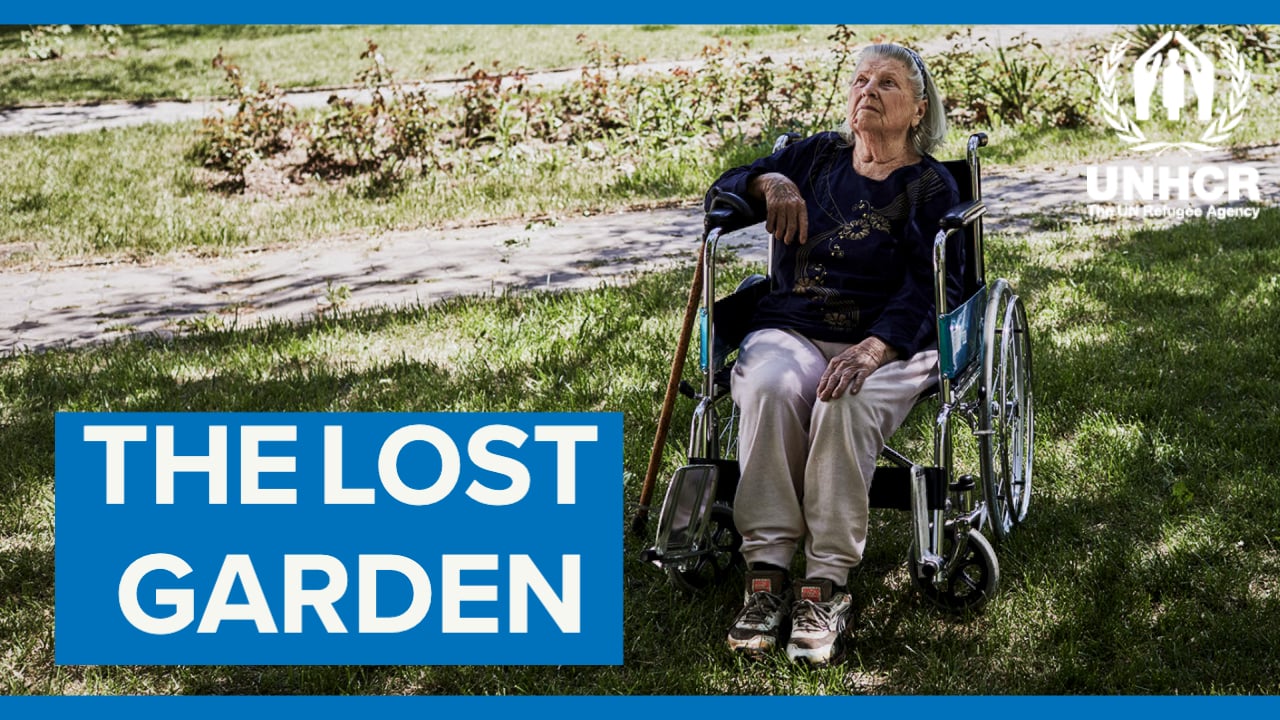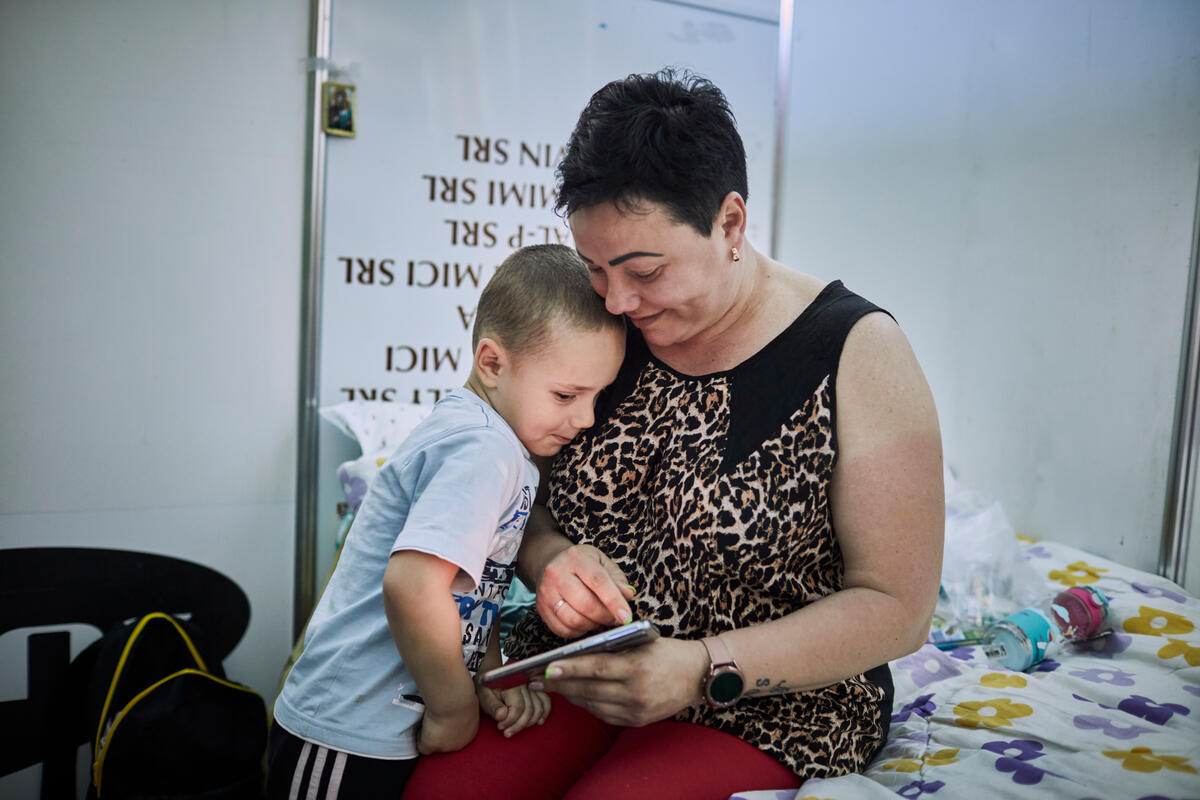At Serbian border, flow of refugees continued unabated into Hungary
At Serbian border, flow of refugees continued unabated into Hungary

RÖSZKE, HUNGARY, Sept 7 (UNHCR) - Train tracks connect the two countries, and a razor wire fence separates them. But the razor wire opens for the tracks, and groups - sometimes even crowds - of refugees simply walk through.
The refugees come with stories of hardships along the way.
"We expected something much brighter, something much better," said Amer, a Syrian from Damascus. "The wait at the [FYR] Macedonian border was dreadful - hours in the sun, no food, no water. Pregnant women fainted. There were no ambulances."
Others talked of robberies and beatings along the way. Still they persisted, wearing out shoes, but walking on in flip-flops, like Ali, one of two brothers from the Kurdish area of Qamishli in Syria.
A kilometre from the border, Hungarian police stopped them and directed them to a field. This was called 'the collection point'. The reception centre with tents nearby was filled to overflowing.
The Hungarian authorities are being overwhelmed by the numbers. More than 2,000 refugees arrive every day. Registration, which allows the refugees to move on to Budapest and then possibly to Austria and Germany, is painfully slow.
At the collection point the new arrivals had to camp on the ground. Visibly drained, they lined up for fruit and water provided by volunteer groups.
Maan, however, was lying down. His smile resembled a grimace; he still has a bullet in his groin after being shot in the street in Deraa in Syria more than two years ago. He fled to Turkey and then, when healthy enough, continued to Europe.
He walked painfully into Hungary and got as far as the town of Szeged a few kilometres down the road. Then he was stopped and sent to a reception centre, only to be released because it was too crowded. Then police stopped him again and told him to walk back to the collection point.
"I am really tired. This has become a very difficult situation," he said. "I'm beginning to hate what has been happening to me."
Others, like Mohammed who walked out of Syria with his wife and two small children, are angry.
"I came here because we are waiting. We want this war to stop. We want the United Nations stop this war, but nobody helps us."
UNHCR protection officers like Mohammed Abdel Wahab come each day to check on the refugees.
"Many of them arrive here exhausted," he said. "Some have just walked up to 50 kilometres."
Ali and Najibah, Iraqis from Kirkuk, walked for eight days to get into Hungary. Najibah was seven months pregnant. She sat worn and wan on the ground at the reception point. She had had pains in her belly for three days. UNHCR officers alerted the police and an ambulance was sent for.
The news wasn't good. Najibah and her sobbing husband were taken to a hospital. Medics could detect no movement from the baby in her womb.
By Don Murray, in Röszke, Hungary








